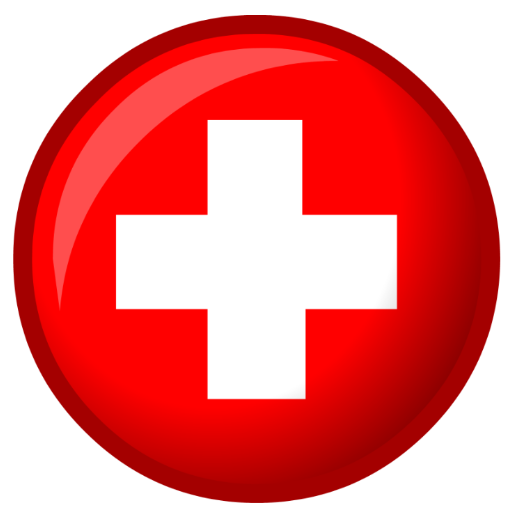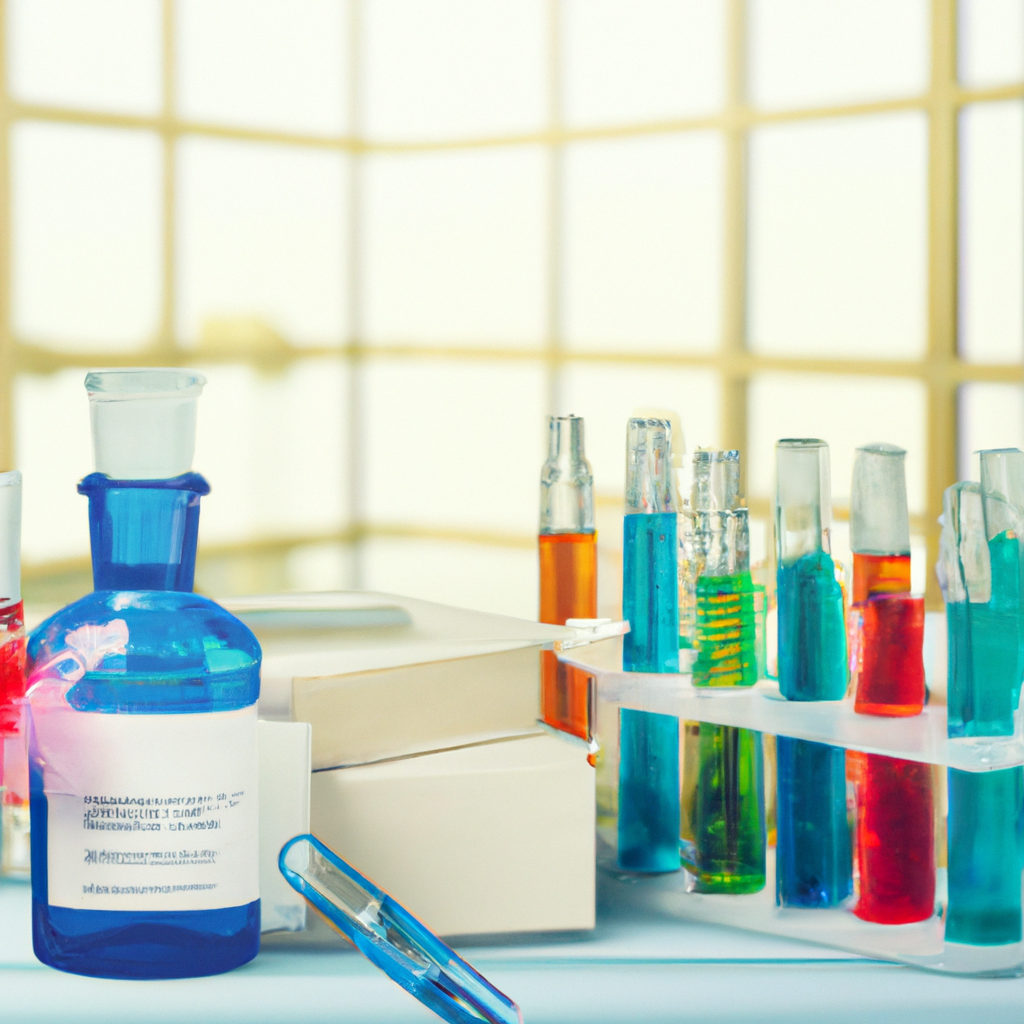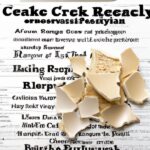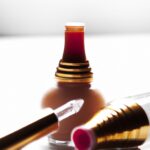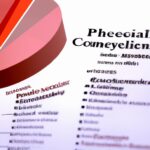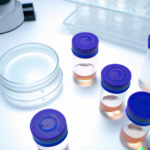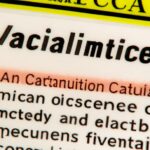Evaluating the Quality of Luxury Cosmetics
Creating and selling luxury cosmetics products involves more than simply selling a product – luxury cosmetics must meet higher standards and special considerations in order to be truly considered luxurious. Quality control and testing play an essential role in the production of such items, and that often includes cosmetic product evaluation studies. But what exactly are these studies, and why are they so necessary?
Understanding Cosmetic Product Evaluation Studies
Cosmetic product evaluation studies are specialized tests that are done to apply a scientific approach to the quality assessment of cosmetics products. Such studies are usually conducted in a laboratory setting and may include several different types of tests for safety, stability, efficacy and other product attributes.
The most commonly tested attributes of cosmetics products include:
skin compatibility:
These evaluations check whether products can irritate skin or cause allergies, as well as whether they are suitable for a person’s skin type.
Physical performance:
This area looks at the texture, color, spreadability, scent and other aspects of a cosmetic product.
Stability tests:
Stability tests help ensure that a product will last the length of the marketed shelf life and that the active ingredients are not compromised during use.
Bioavailability:
This measures whether active ingredients are released properly, how much is absorbed by the skin and how quickly they are absorbed.
Why Luxury Cosmetics Need a Higher Degree of Quality Control
Luxury cosmetics are defined by their special appeal and unmatched quality. This means that the standards for these products are often much higher than for non-luxury items, since consumers of luxury items come to expect excellence. It’s important that luxe brands pay particular attention to the quality and safety of their products, as the margin of failure is much smaller for these items.
In addition, luxury cosmetics may contain higher concentrations of active ingredients and more expensive raw materials, making even their physical performance or sensory properties more critical to determine. These products have to meet stricter criteria than the average cosmetic product and be evaluated in high precision during the production process.
What Do Cosmetic Product Evaluation Studies Accomplish?
Cosmetic product evaluation studies provide a scientific and objective analysis of a cosmetic product’s performance and quality so that decisions about packaging and labeling can be made, and the product can then be marketed. Such tests help to ensure that the end product is up to the expected standards of luxury cosmetics.
Without this kind of evaluation, it would be difficult to guarantee consistency in quality, safety and efficacy of a product. It’s also important to consider that some ingredients used in cosmetics might be toxic, and therefore they should be tested using testing standards created by the regulatory body, such as the European Union’s guidelines. Evaluation studies also help to ensure that products delivered to market meet expectations of consumer protection, environmental and animal welfare standards.
Frequently Asked Questions about Luxury Cosmetic Product Evaluation Studies
Q: What kind of laboratory tests are used in cosmetic product evaluation studies?
A: The type of tests used varies, but some of the most common ones include microbiological tests, eutectic testing, integrity testing and safety assessments, as well as physical, optical, and sensory tests.
Q: Where are cosmetics product evaluation studies conducted?
A: Most of these studies are conducted in special laboratories, either in-house or by a third-party laboratory.
Q: How long do cosmetic product evaluation studies take?
A: Depending on the type and number of tests involved, a full set of tests can take anywhere from a few days to weeks to complete.
Q: How often should cosmetic product evaluation studies be conducted?
A: The frequency of the testing can depend on the type of product and its ingredients, but most tests should be conducted periodically or when there are changes to the product or its formulation.
Conclusion
Overall, cosmetic product evaluation studies play an essential role in the production of luxury cosmetics. Such tests help to ensure that the products consistently meet the highest standards both in terms of quality and safety. Such tests ensure that the cosmetics will meet the expectations of consumers, while also ensuring that they are safe and effective.
The Importance of Compliance with Regulatory Guidelines
When it comes to cosmetic product evaluation studies, compliance with regulatory guidelines is of utmost importance. Regulatory bodies, such as the European Union, have established comprehensive guidelines to ensure the safety and efficacy of cosmetic products. Luxury cosmetics, in particular, must adhere to these guidelines due to their higher standards and expectations. Let’s delve deeper into why compliance is crucial and what it entails.
Ensuring Consumer Safety
Compliance with regulatory guidelines in cosmetic product evaluation studies is primarily focused on ensuring consumer safety. These guidelines outline strict testing standards to assess the potential toxicity and harmful effects of cosmetic ingredients. Luxury cosmetics, often containing higher concentrations of active ingredients, must undergo rigorous testing to ensure that they do not pose any risks to consumers’ health. By complying with these guidelines, cosmetic companies can provide a guarantee of safety to their discerning customers.
Meeting Environmental and Animal Welfare Standards
In addition to consumer safety, compliance with regulatory guidelines also ensures that luxury cosmetics meet environmental and animal welfare standards. Many regulatory bodies advocate for sustainable and cruelty-free practices in the cosmetics industry. Cosmetic product evaluation studies assess the impact of a product on the environment, such as its biodegradability and eco-toxicity. Furthermore, these studies also evaluate whether the product has been tested on animals, aligning with the growing demand for ethical and animal-friendly cosmetics. Compliance with these standards not only benefits the environment and animal welfare but also enhances the reputation of luxury cosmetic brands.
Product Labeling and Packaging Decisions
One key aspect of cosmetic product evaluation studies is to provide scientific and objective data that influences labeling and packaging decisions. These studies generate valuable information about a product’s performance, efficacy, and safety, which is essential for accurate and informative product labeling. Luxury cosmetics rely on precise and attractive packaging to communicate their high-quality attributes to consumers. By incorporating the results of evaluation studies into the labeling and packaging process, luxury cosmetic brands can effectively convey the uniqueness and superiority of their products.
Common Concerns about Cosmetic Product Evaluation Studies
Let’s address some frequently asked questions that may arise regarding cosmetic product evaluation studies:
Q: Are there any specific regulations for luxury cosmetics?
A: While there might not be specific regulations exclusively for luxury cosmetics, these products are still subject to the same regulatory guidelines as other cosmetics. However, due to their elevated standards, luxury cosmetics often undergo additional testing to ensure their exceptional quality.
Q: How do cosmetic product evaluation studies determine the shelf life of a product?
A: Shelf life determination is an essential part of cosmetic product evaluation studies. These studies subject the product to stability tests, which simulate real-life conditions to evaluate its performance over time. By monitoring factors such as texture, color, and scent, cosmetic companies can determine the appropriate shelf life for their products.
Q: Can cosmetic product evaluation studies be outsourced to third-party laboratories?
A: Yes, many cosmetic companies choose to outsource their product evaluation studies to specialized third-party laboratories. These laboratories have the expertise and equipment necessary to conduct comprehensive and unbiased evaluations. Working with trusted third-party laboratories can provide an added layer of credibility to the evaluation process.
Q: How can cosmetic companies stay updated on regulatory changes?
A: Regulatory guidelines and standards may evolve over time. Cosmetic companies must stay informed about any changes or updates to ensure ongoing compliance. They can achieve this by actively monitoring regulatory websites, participating in industry conferences, and engaging with regulatory experts or consultants.
Conclusion
Compliance with regulatory guidelines is vital for luxury cosmetics, and cosmetic product evaluation studies serve as the cornerstone of ensuring adherence to these standards. By conducting thorough
evaluations and adhering to regulatory guidelines, luxury cosmetic brands can demonstrate their commitment to excellence, safety, and environmental responsibility. Consumers can confidently choose luxury cosmetics knowing that these products have undergone rigorous testing to meet their highest expectations.
